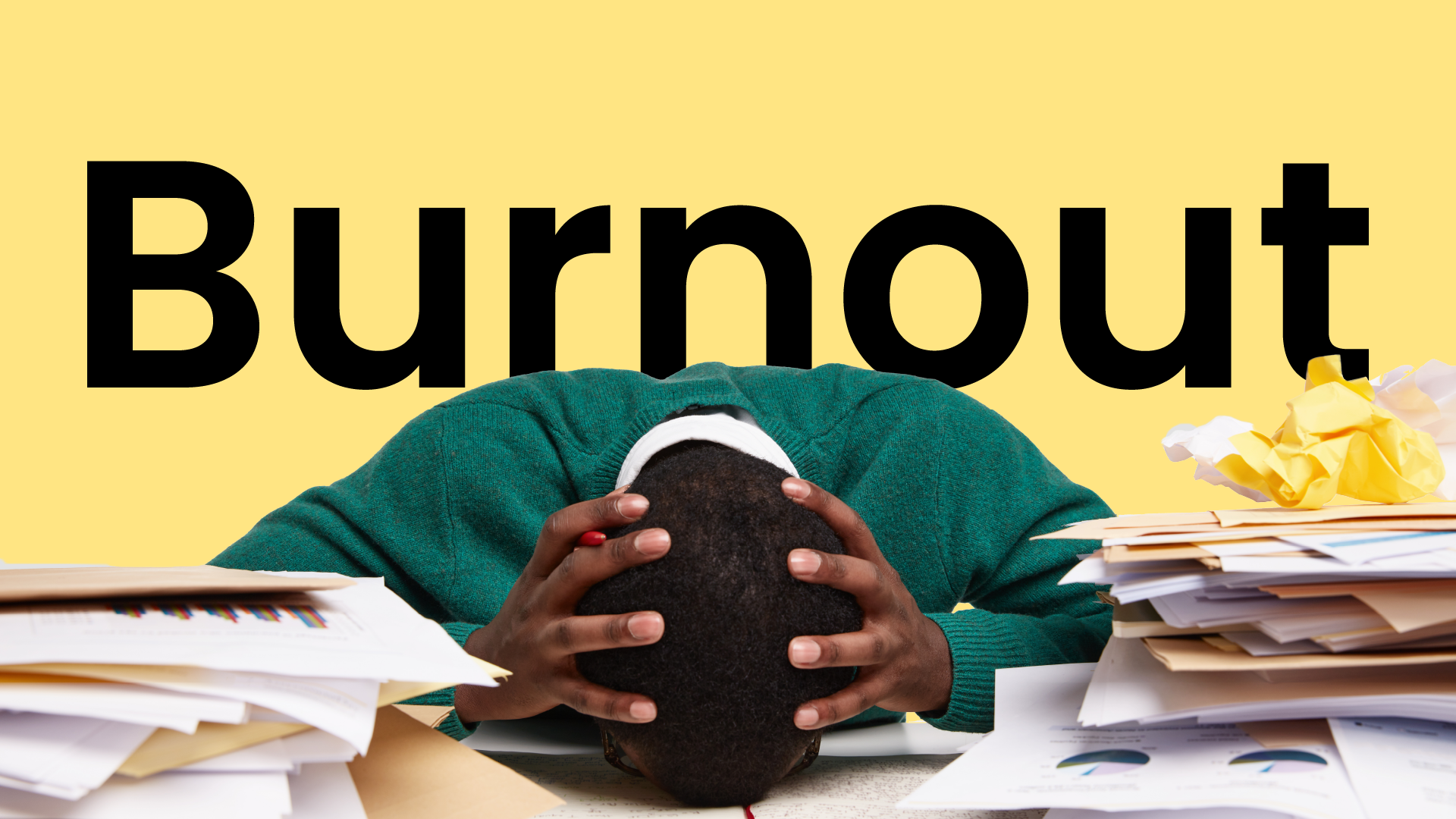Now Reading: Weekend Burnout Culture: When Even Rest Days Feel Exhausting
-
01
Weekend Burnout Culture: When Even Rest Days Feel Exhausting
Weekend Burnout Culture: When Even Rest Days Feel Exhausting

Weekends are supposed to be a time to recharge, yet for many Indians, especially in Tier-2 cities, they have become another extension of the workweek. Packed schedules, errands, and the pressure to “catch up” leave little room for real rest. This growing weekend burnout culture raises questions about how people manage work, life, and mental health in a world that rarely stops moving.
Why Weekends Aren’t Really Free
For many professionals, the transition from work to personal time is blurred. Emails, pending tasks, and social commitments often fill Saturday and Sunday hours. People feel compelled to finish chores, attend family functions, or even engage in work-related calls, leaving little time for relaxation. The mental load continues even when the office is closed.
The Role of Social Expectations
Cultural and social pressures play a key part. In smaller cities, weekends are often filled with social obligations—festivals, visits, and family responsibilities—that compete with the need to rest. There is also an underlying expectation that weekends should be productive, which makes people feel guilty if they take time solely for themselves.
Technology’s Contribution
Smartphones and instant messaging ensure that work rarely stays at the office. Notifications, messages, and last-minute tasks continue to demand attention over the weekend. While these tools are meant to offer convenience, they inadvertently extend the workweek, reducing opportunities to disconnect and rejuvenate.
Consequences of Weekend Burnout
Continuous mental and physical strain can lead to fatigue, reduced productivity, and increased stress during the week. It also affects personal relationships, as quality time with family and friends becomes rushed or superficial. Over time, the cycle of weekday work followed by “busy weekends” can contribute to long-term health concerns.
How to Break the Cycle
Setting clear boundaries and prioritizing rest are key steps. Planning weekends with a mix of essential chores and leisure, limiting work-related communications, and consciously taking time for hobbies or relaxation can help. Educating families and workplaces about the value of downtime is also crucial for sustainable balance.
Conclusion
Weekend burnout culture reflects how modern life blurs work and rest, especially in smaller Indian cities. True balance comes from recognizing the importance of rest and actively protecting it. By reclaiming weekends as a time to recharge rather than catch up, people can improve both their productivity and well-being.

























